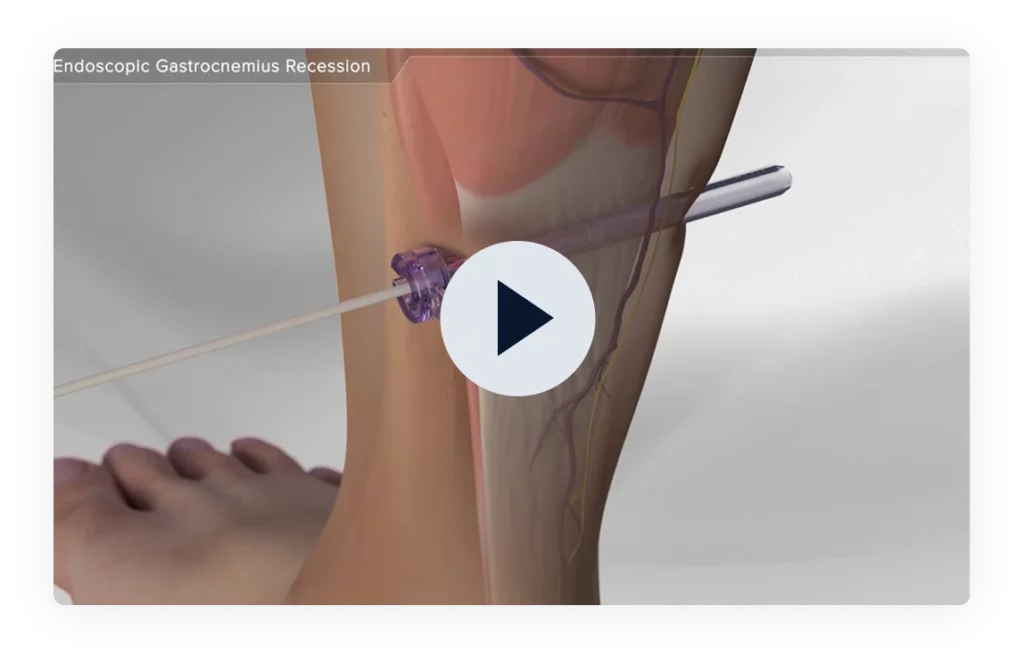Plantar Fasciitis Treatment
in Novi, Southfield, Howell, Livonia
At our four locations in the Detroit metro area, patients receive comprehensive plantar fasciitis treatment tailored to their needs and lifestyle demands. Our centers combine traditional approaches with cutting-edge therapies to address both symptoms and underlying causes of this painful foot condition. We evaluate each case thoroughly, considering biomechanics, activity levels, and medical history before recommending an appropriate treatment pathway. Our providers offer solutions at various levels, from custom orthotics and supportive footwear to advanced options like REMY Class IV Laser Therapy and minimally invasive surgery. Experience our comprehensive approach to foot care by scheduling a consultation today.
What Is Plantar Fasciitis?
Plantar fasciitis is a common foot condition characterized by inflammation of the plantar fascia, a thick band of tissue that runs across the bottom of the foot from the heel bone to the toes. The condition typically causes stabbing pain that usually occurs with the first steps in the morning or after long periods of rest. Plantar fasciitis is prevalent among runners, individuals who are overweight, and those who wear shoes with inadequate support. The pain may decrease after the foot limbers up, but often returns after long periods of standing or when rising from a seated position.

Causes of Heel Pain
- Age
- Foot injury
- Improper foot mechanics
- Equinus (limited ankle bending upwards)
- Occupations that keep you on your feet
- Specific types of exercise (running, jumping, and high-impact sports)
Preparation for Plantar Fasciitis Treatment
Preparation for plantar fasciitis treatment begins with a thorough consultation to assess symptoms, medical history, and potential risk factors, such as improper footwear, excessive weight, or repetitive strain from physical activity. During this meeting, our specialist may conduct a physical examination and order imaging tests to confirm the diagnosis and rule out other causes of heel pain. Identifying lifestyle habits and biomechanical issues is crucial in customizing a treatment plan that may include stretching exercises, orthotic support, or more advanced interventions.
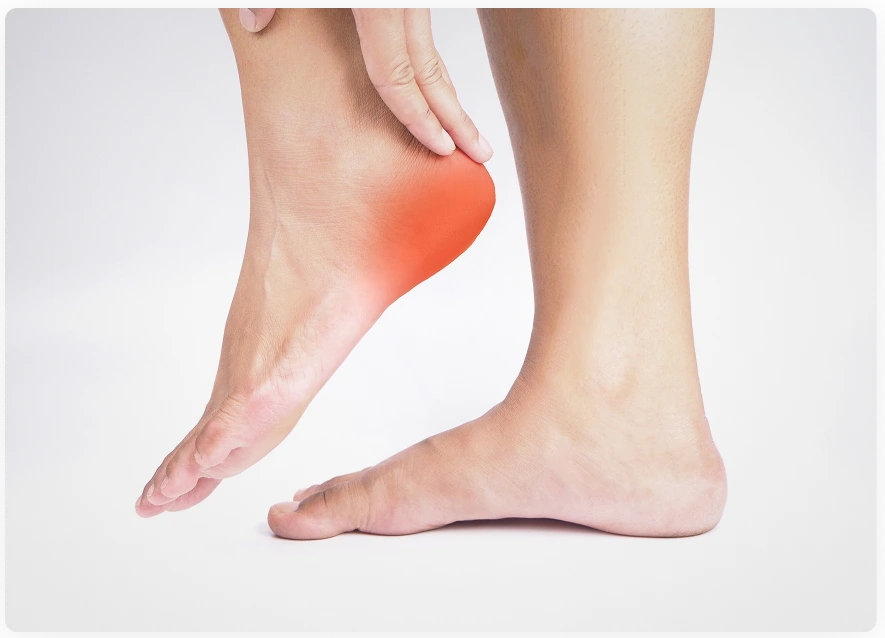
Conservative Treatments
Conservative treatments for plantar fasciitis focus on alleviating pain and reducing inflammation. This often includes night splints, which help maintain a gentle stretch of the plantar fascia while sleeping, preventing it from tightening overnight. Alongside splinting, stretching exercises, anti-inflammatory medications, and ice application are commonly recommended to provide relief and promote healing.
Custom Orthotics
Custom orthotics are shoe inserts that provide tailored support to the feet, addressing any underlying structural issues contributing to plantar fasciitis. These insoles are crafted to support the arch and redistribute pressure away from the heel, reducing strain on the plantar fascia. Custom orthotics can significantly reduce pain and prevent future flare-ups by improving foot alignment and cushioning the impact of walking.
Supportive Shoes
Supportive shoes play an essential role in the management of plantar fasciitis. Footwear with proper arch support and cushioning can reduce pressure on the heel and provide stability during walking. Shoes specifically designed for plantar fasciitis promote appropriate alignment of the foot, reducing stress on the fascia and aiding in the healing process.
Extracorporeal Shock Wave Therapy (ESWT)
ESWT is a non-invasive treatment that uses high-energy sound waves to stimulate healing in the affected tissues. By targeting the plantar fascia with these waves, ESWT promotes increased blood flow and collagen production, accelerating recovery and reducing pain. This method is often used when more conservative care has not provided sufficient relief.
REMY Class IV Laser Therapy
REMY Class IV Laser Therapy is a cutting-edge treatment that uses specific wavelengths of light to reduce inflammation, alleviate pain, and promote tissue regeneration. The laser stimulates cellular activity in the plantar fascia, encouraging faster healing and reduced discomfort. This treatment is painless, non-invasive, and often used to complement other therapies for more effective results.
Endoscopic Gastrocnemius Recession (EGR)
EGR is a minimally invasive surgical procedure used for patients with chronic plantar fasciitis that has not responded to conservative treatments. It involves releasing tight calf muscles (gastrocnemius), which can contribute to excessive tension on the plantar fascia. This surgery may improve foot function and reduce persistent pain by easing the strain on the connective tissue, helping patients return to normal activities more quickly.
Recovery After Plantar Fasciitis Treatment

Candidates for Plantar Fasciitis Treatment
Our procedures are designed for people experiencing persistent plantar heel pain or other related conditions. The following groups are typically considered candidates for treatment:
- Individuals with chronic plantar heel pain
- People with flat feet or overpronation
- Athletes experiencing repetitive stress or injury
- Patients with a tight Achilles tendon
- Individuals with jobs requiring prolonged standing or walking
- Patients with a history of obesity or excessive weight
- People with biomechanical imbalances in the feet
- Patients with limited range of motion or flexibility in the feet and ankles
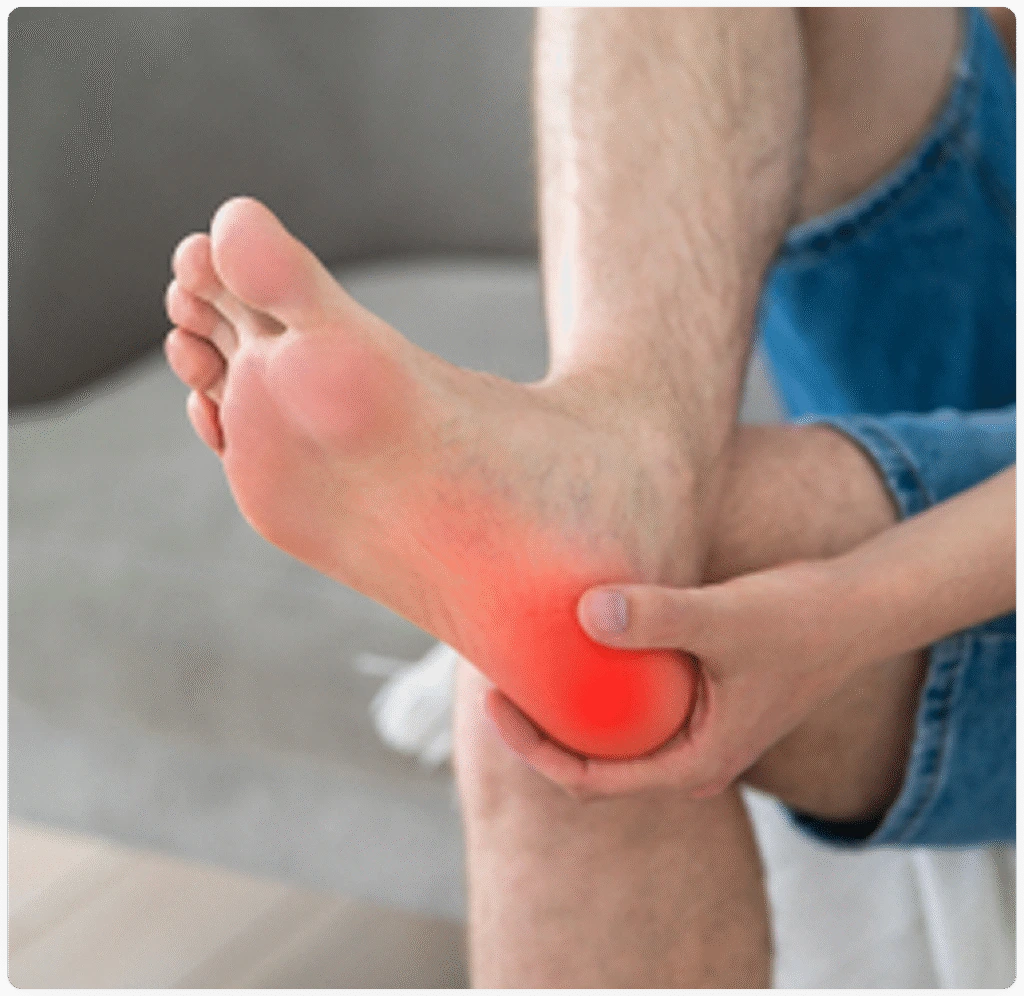
Benefits of Plantar Fasciitis Treatment
Foot Pain Relief
Improved Comfort
Healing of Plantar Fascia
Prevention of Complications

Cost of Plantar Fasciitis Treatment in Michigan
The cost of plantar fasciitis treatment in Novi, Southfield, Howell, and Livonia ranges from approximately $50 to over $12,000, depending on the chosen therapy and individual patient needs. For conservative approaches, prices typically start around $50 per session. For more advanced treatments, such as PRP injections, costs range from $500 to $2,000 per procedure, with complete packages potentially reaching up to $5,000. Surgical options vary widely in pricing.
We recommend consulting our expert providers at Foot HealthCare Associates to receive personalized price quotes.
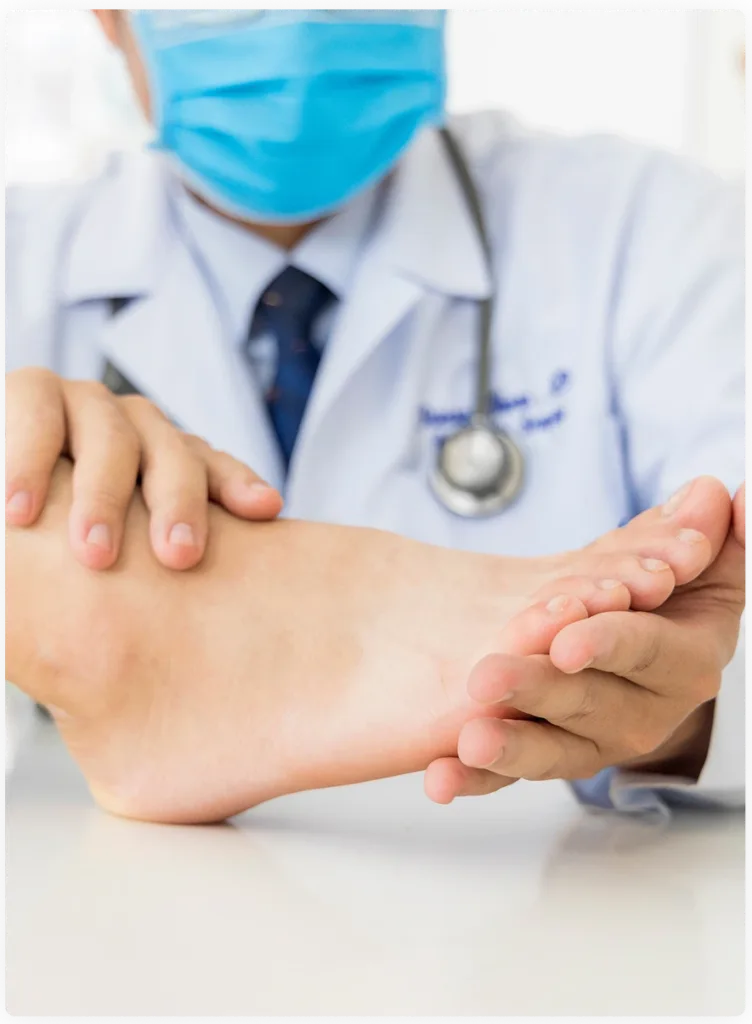
What Makes Our Foot Treatments Different From Others?
Foot HealthCare Associates excels in addressing plantar fasciitis through a comprehensive approach that considers the symptoms and underlying conditions like heel spurs. Our team integrates advanced diagnostic techniques with personalized treatment plans tailored to each patient’s needs. By combining conservative options, such as custom orthotics and physical therapy, with more targeted treatments like laser and shockwave therapy, we effectively reduce pain and promote healing. This multi-faceted approach allows us to address both the immediate discomfort and the long-term health of the foot, ensuring a thorough recovery for those struggling with plantar fasciitis and any other foot condition, including tarsal tunnel syndrome, bunions, corns, and calluses.
Call us Today! (248) 258-0001
